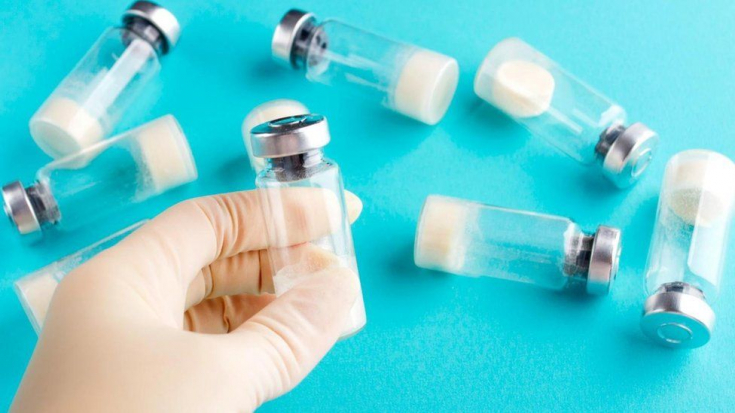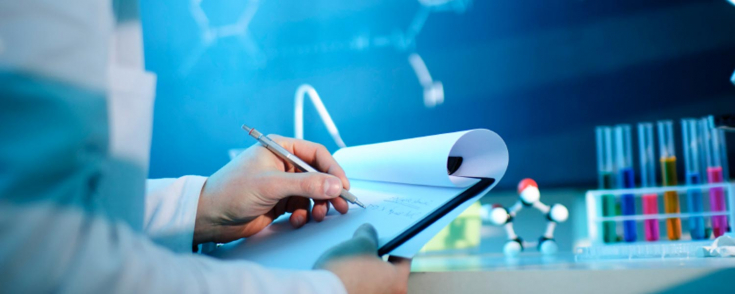Probiotics – preparations containing bacterial cultures that are useful for the functioning of the intestines and the entire gastrointestinal tract. They are regularly touted as the key to health and wellness. And in the pharmacy they are most often released without a prescription. But is taking probiotics really that good?
Can beneficial bacteria harm the body? Recent studies by scientists have shown that uncontrolled intake of probiotics will only worsen the condition of the body, can lead to serious problems. estet-portal.com will tell you the details.
Probiotic intake: a potential danger
Everyone knows that probiotics and yogurt contain potentially beneficial gut bacteria. However, not everything is so clear. Researchers from the University of Washington conducted a series of experiments during which they studied the behavior of probiotic bacteria in the intestine.
Read also: Do You Really Need Vitamin Supplements?
As a result, they found that probiotics can eat away at the protective lining of the gut. As a result – occurrence of irritable bowel syndrome. And if a person has problems with the work of the stomach, then bacteria begin to develop there, only worsening the condition.

Scientists have conducted extensive research using laboratory mice divided into several groups. Some had no gut bacteria at all, while others had healthy and unhealthy microorganisms. For five weeks, scientists took samples from the intestines of mice.
And this is what they found:
- The probiotics destroyed the protective lining of the intestines, causing it to become irritated.
- Intestinal bacteria have become more resistant to antibiotics.
- In some cases, gene mutations have been identified in some intestinal bacteria.
That is to say, taking probiotics may not be equally beneficial for everyone. And the "good" ones themselves bacteria are not 100% beneficial – especially if you do not take into account the characteristics of your body when taking drugs.
Read also: Probiotics for the gut: everything you need to know about yogurt
Probiotic intake: is it always necessary
Research by Professor Peter Cohen of Harvard Medical School has shown that 100% of the benefits of probiotics – it's a successful publicity stunt. Of course, the composition of such products includes only beneficial bacteria, but everything good, as they say, should be in moderation.

What are the dangers of probiotics? First of all, their positive effect is not proven by long-term studies. That is, tests on healthy people were not conducted. But there are reports about the dangers of such drugs – there are several dozen of them. Possible risks include fungi and bacteria in the blood.
Probiotics are especially dangerous for young children, the elderly, and the immunocompromised.
And pharmaceutical companies are targeting their products to just such an audience, claiming that probiotics will help improve health. At the same time, they also claim that preparations with beneficial bacteria help maintain the body's immune forces and strengthen the digestive tract.

In addition to the harm from uncontrolled intake of probiotics, there is also a risk of encountering low-quality products. Not every manufacturer does all the necessary drug testing. This is especially true of the danger of the influence of bacteria with new genes for the organism on its own state. Every person – its unique set of bacteria in the gut. Therefore, probiotic preparations may not be equally beneficial for all people.
Read also: The harm of dietary supplements: 5 myths and facts about supplements
Probiotic intake should be controlled – that is, only on the basis of medical advice, when it is really necessary. Otherwise, it is better to get bacteria useful for the intestines in a natural way – from products. There are many such microorganisms in fermented milk products, sauerkraut, pickled cucumbers, sourdough bread.
Read also: Immunity Foods: Top 10 Shopping List






Add a comment